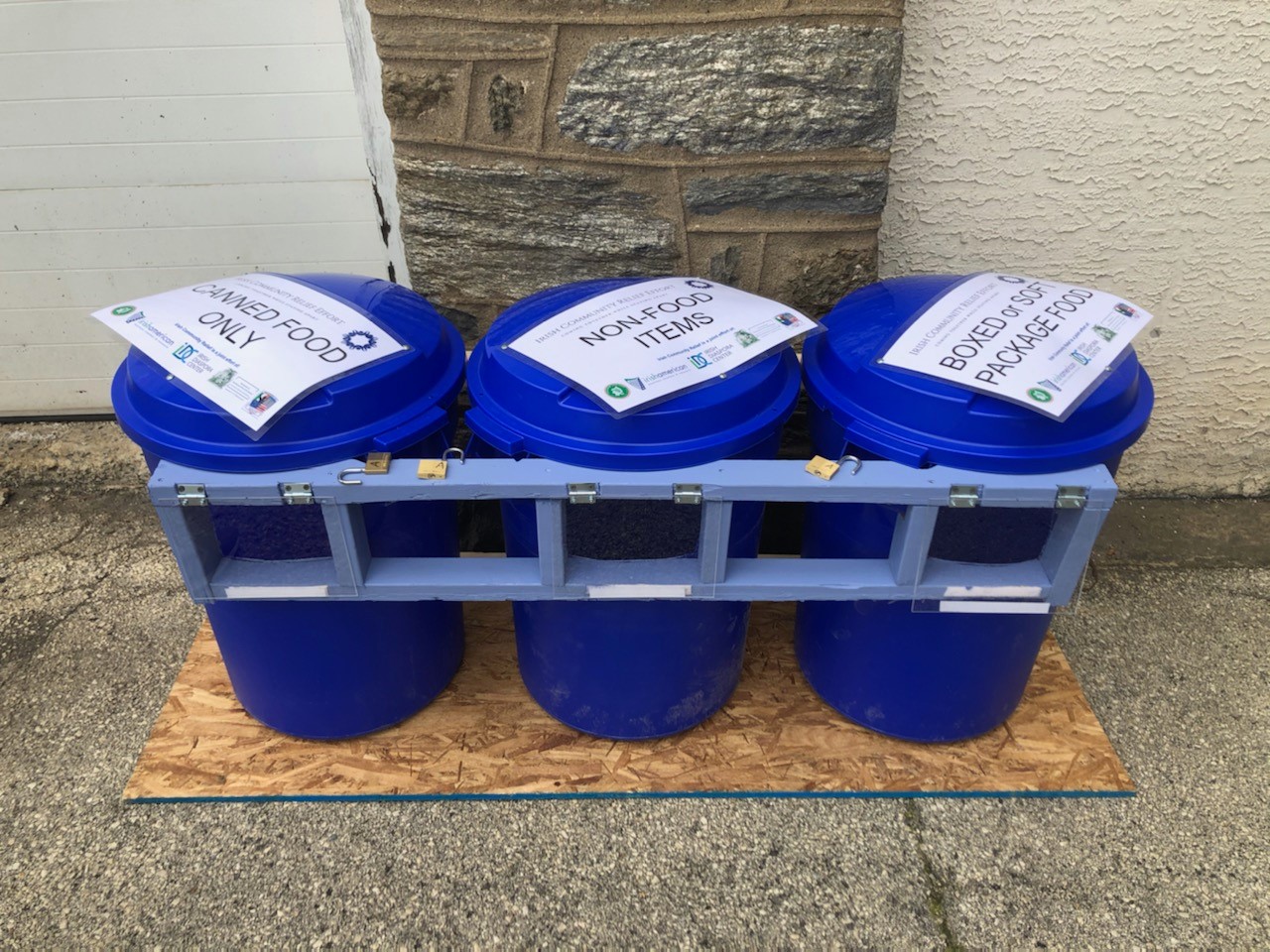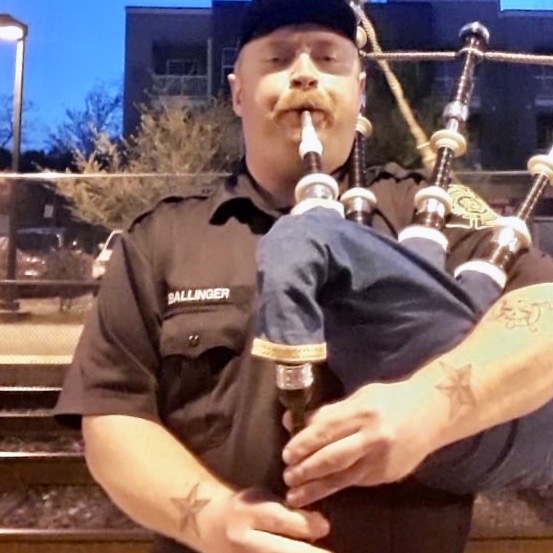With the notable exception of those heroic souls who are working through the coronavirus pandemic—from health care professionals to cops and medics to grocery store clerks—all the rest of us are, or should be, keeping a safe distance from each other.
As a consequence of the need for physical distancing, millions have been laid off or furloughed from their jobs. Some people were hanging on by their fingernails as it was, before the outbreak. Now, those same people are—and there simply is no better word for it—desperate.
“We know that people normally have enough to get them through a couple of weeks, a month at most, says Emily Norton Ashinhurst, executive director of the Delaware County-based Irish Diaspora Center. “If you look at studies across America, the vast majority of people living in the United States don’t have enough to pay a $400 emergency expense. So that says, we’re living from paycheck to paycheck, and we recognize that losing that paycheck is going to be tough.”
In the case of the Philadelphia-area Irish community, many of those people aren’t eligible for unemployment insurance, government food assistance or other benefits because of the types of visas they hold—or simply because they are undocumented. They’ve slipped through the cracks.
Enter the Irish Community Relief Effort, a multipronged endeavor spearheaded by the Diaspora Center, in cooperation with the Commodore John Barry Arts and Cultural Center (the Irish Center), the Philadelphia Gaelic Athletic Association, the Irish American Business Chamber & Network, and the Society of the Friendly Sons of St. Patrick. The effort is designed to meet the needs of Philly-area Irish and Irish-American families in need during this trying time, providing them with food, grocery store and pharmacy gift cards and personal care products.
“We’re not asking anybody to prove that they need it,” says Ashinhurst. “We’re just asking, who is it, what’s the address, how many people are in the household, what are the ages of the kids in the household, so we know what’s appropriate to give, and a phone number to let you know we’ve left it.”
The form also asks whether other services are needed.
Additionally, mental health, immigration law, human resources services are available. “We’ve always had our immigration services,” says Ashinhurst, “but a lot of people have so many more questions in the current climate. We’ve also started to do some HR counseling so you can talk to an HR specialist, someone who can guide you in filing for unemployment, or even if you have to build a resume because you’ve lost your job and you’ll have to start looking again when things get back to normal.”
Mental health issues are bound to crop up in this challenging time, and the new effort is well prepared to deal with them. The Irish Diaspora Center’s mental health program is an outgrowth of the Solace Walk (suicide prevention) from a couple of years back. “The Solace Walk committee stayed in place and changed its name to CHAT—Community Health Awareness and Trust,” she says. “They work under the Irish Diaspora Center, and they have raised funds for mental health and for education about mental health issues. With some of the funds they’ve raised, they’ve worked with a counselor to get services that we are able to provide. So we do have a counselor now who is able to provide services through teleconferencing. She’s dropped her fees considerably and we have a small bank of money to help offset her expenses even more, if need be.”
There’s also a program to put volunteers in touch with people who require help running errands to the pharmacy and grocery store, along with other personal needs—or for those who just need someone to talk to (albeit at a safe distance).
Many of those people are seniors, some with no family in the area, Ashinhurst notes, or they’re folks who might have been exposed to the virus and are self-isolating. Regardless, they’re unable to get to the grocery store, pharmacy, hardware store, or wherever they need to go to get what they need. “So we have a group of volunteers who are ready to run errands for them,” she says. “And we also have ‘porch buddies’ to communicate with people who are housebound.”
This program—including the food program—is here for the duration, and beyond.
“Even after we start our programs back, once this shelter at home is lifted and we’re told we can go back to the office,” says Ashinhurst, “we’ll be happy to be back, but we’ll also keep the food bank running for as long as is needed.”
If you want to contribute food and other products (full list here), there are several drop-off locations throughout the area:
- In Delaware County, Paddy Rooney’s Pub, 449 West Chester Pike, Havertown, in the rear parking lot;
- In the Montgomery County area, 2444 Ardsley Avenue in Glenside;
- And in Philadelphia, The Commodore John Barry Arts and Cultural Center, 6815 Emlen Street in the Mount Airy neighborhood.
To donate grocery store and pharmacy gift cards, drop them off in the mailboxes at:
- 2422 Saint Denis Lane in Havertown;
- 2444 Ardsley Avenue in Glenside;
- And 4027 North Warner Road in Lafayette Hill.
You can also donate money to assist in this effort. Visit this web page.
If you need food assistance, fill out this quick, easy online form.
To book an appointment with an immigration, mental health or HR specialist or to request personal services—or just arrange a companionable visit—you can make your requests on this page.
Volunteers are also gladly accepted. Contact the Irish Diaspora Center at ciaran@idcphila.org to sign up.


